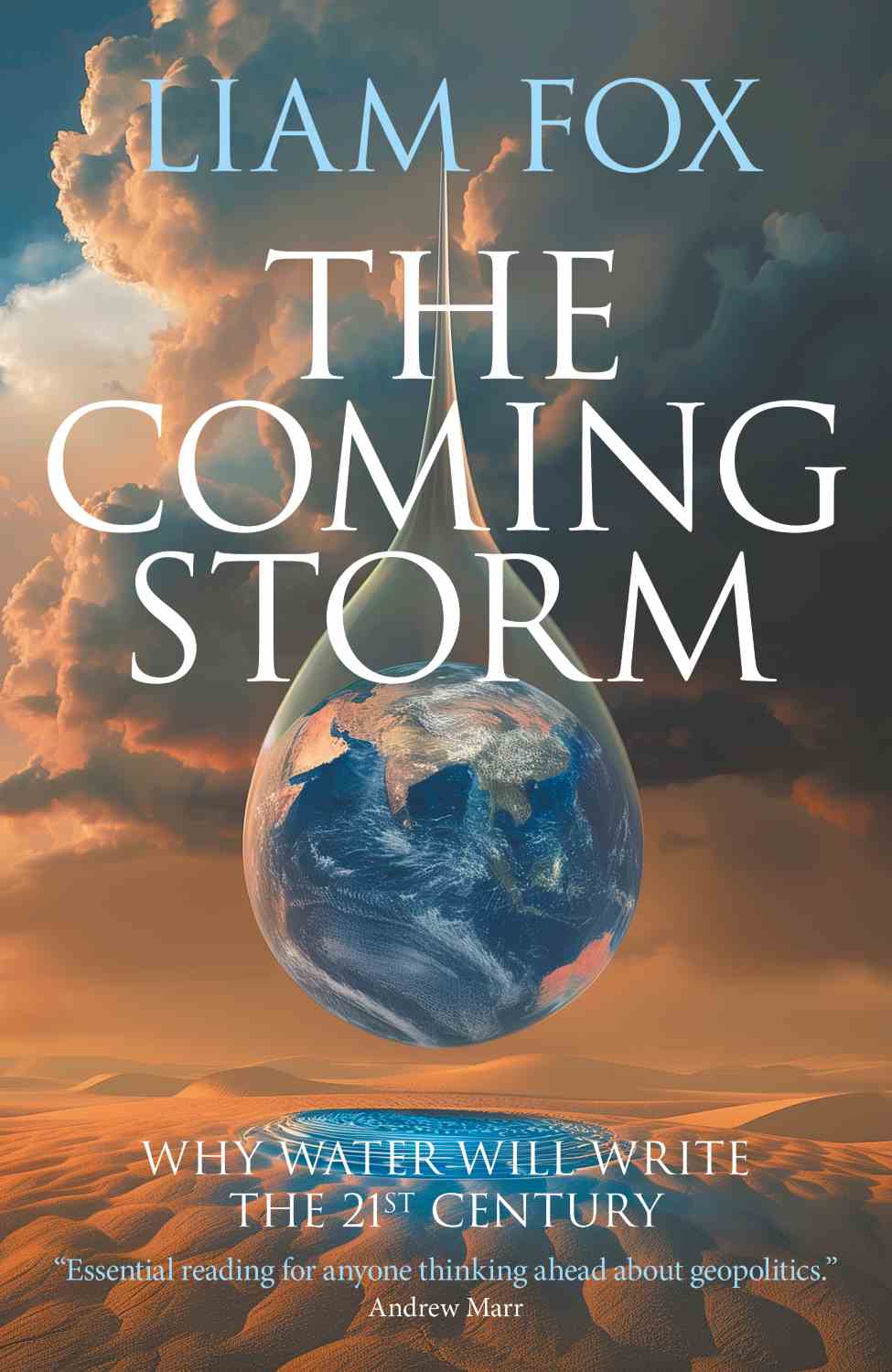Lord Cameron of Dillington reviews 'The Coming Storm'
Tibet: the Zachu river, source of the Mekong river | Image by: Bjorn Svensson / Alamy Stock Photo
Lord Cameron of Dillington
4 min read
In spite of a surfeit of statistics, Liam Fox has written a fascinating study of a substance more valuable to humans than all the oil and precious metals in the world
Having lived most of my life close to the Somerset Levels, where drainage is imperative to living and farming, I have always been fascinated by the management of water. Once on a two-stop holiday to Oman and Ethiopia, I was struck by the difference in water management between the two. Oman had been invaded by the Persians some 500 years BC, and so inherited a system of small channels (qanats) delivering water from distant aquifers to many of their rural villages to produce food in that very dry country. But across the Gulf of Aden in northern Ethiopia, where they get considerably more rain, there are no such local systems in place, and so food is often scarce.
Freshwater is more valuable to humans than all the oil and precious metals in the world. But it needs to be managed – hopefully for the benefit of all. It is said that, a long time ago, local tribes around Babylon and subsequently the Nile convened to manage their water, and then went on to create laws for living and trading, which ultimately led to their great kingdoms.
Like any good page-turner, hope bubbles under the surface
Liam Fox’s book covers a very wide canvas of watery issues, from history and geography to disease and climate change. His team of researchers have assembled a wonderful array of fascinating watery facts, almost too many – especially when it comes to waterborne diseases where the doctor in Dr Fox gets enthused into perhaps too many medical details.
Advertising Revenue helps fund our journalism.
Please consider disabling your ad blocker.
But in spite of the sometimes excess of statistics, the first half of the book does read like an exciting page-turner, with the possibility of a myriad of bad outcomes (war, disease and famine, to name but a few) always just around the corner. Fox analyses the various watery flashpoints around the world – from the Nile, the Jordan, the Tigris and Euphrates, and most worrying of all, the many rivers emanating from the Tibetan plateau. A fact I did not know is that the Yellow River, the Yangtze, the Mekong, the Salween, the Irrawaddy, the Ganges and the Indus, amongst others, all start in Tibet. This means that some 45 per cent of the world’s population are dependent on water coming from land under the control of China. And it seems China shows little care for the interests of its neighbours when managing its waters. It is definitely not a signatory of the 1997 UN Convention on the Law of the Non-Navigational Uses of International Watercourses.
 But equally, like any good page-turner, hope bubbles under the surface: hope that man will, like the early Babylonians, combine to manage their shared water to avoid the worst outcomes. The underlying message is that water management should be too serious a subject to be affected by regional politics.
But equally, like any good page-turner, hope bubbles under the surface: hope that man will, like the early Babylonians, combine to manage their shared water to avoid the worst outcomes. The underlying message is that water management should be too serious a subject to be affected by regional politics.
A good example of this is that in spite of the violence that has surrounded Israel for the last 70 years, there has developed in recent decades a movement called “the Blue Peace”. This is an effort to turn the regional water shortage into an opportunity to promote peace and cooperation – and the people involved from all sides – Israelis, Palestinians, Jordanians and Syrians – have indeed kept talking, whatever the extremists on their own side are getting up to.
Of course it may not be enough. To plagiarise the Hungarian scientist Dennis Gabor: in the past mankind’s management of water has been a struggle with mother nature; from now on it will be a struggle with human nature.
Lord Cameron of Dillington is a Crossbench peer
The Coming Storm: Why water will write the 21st century
By: Liam Fox
Publisher: Biteback
